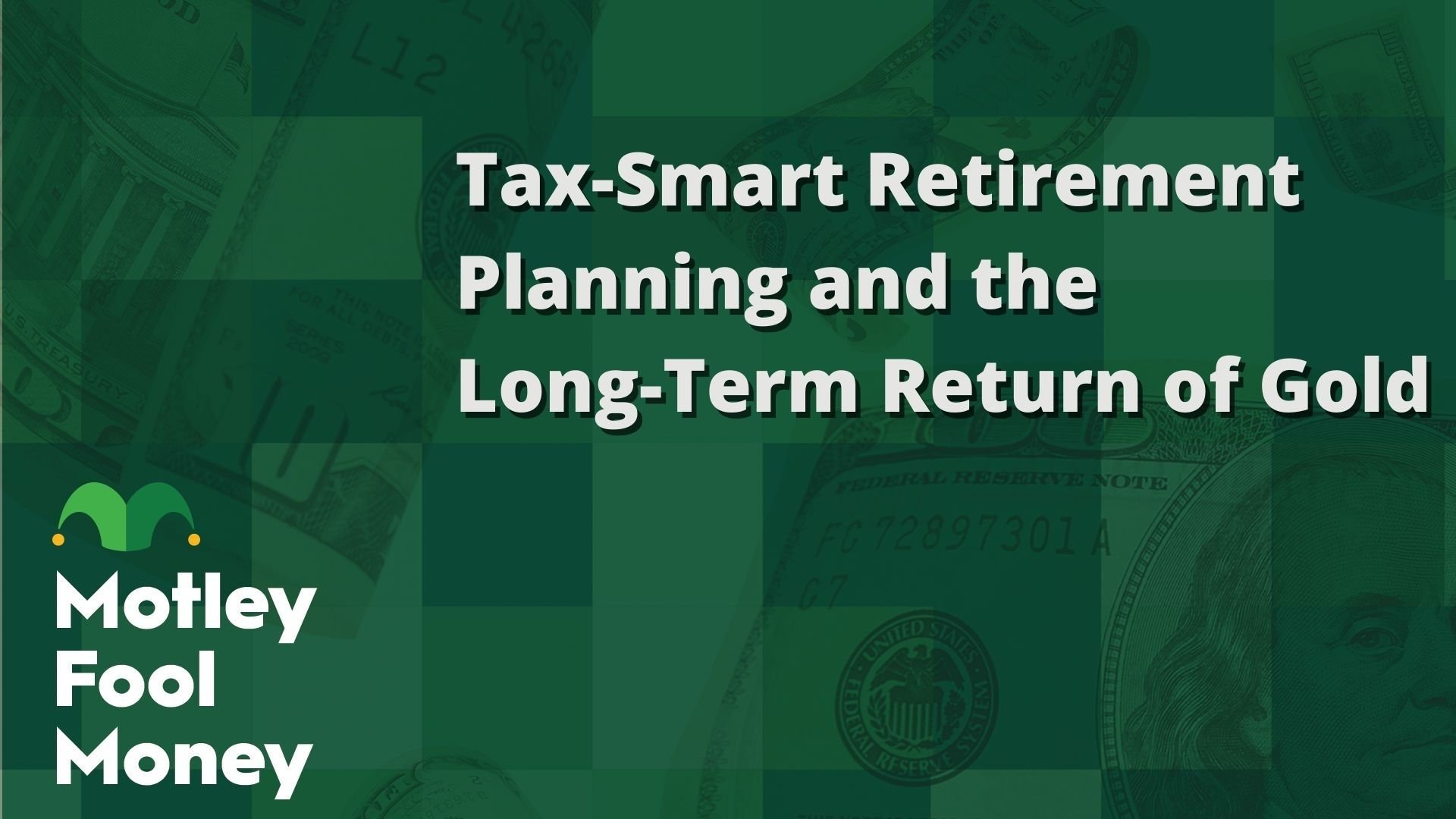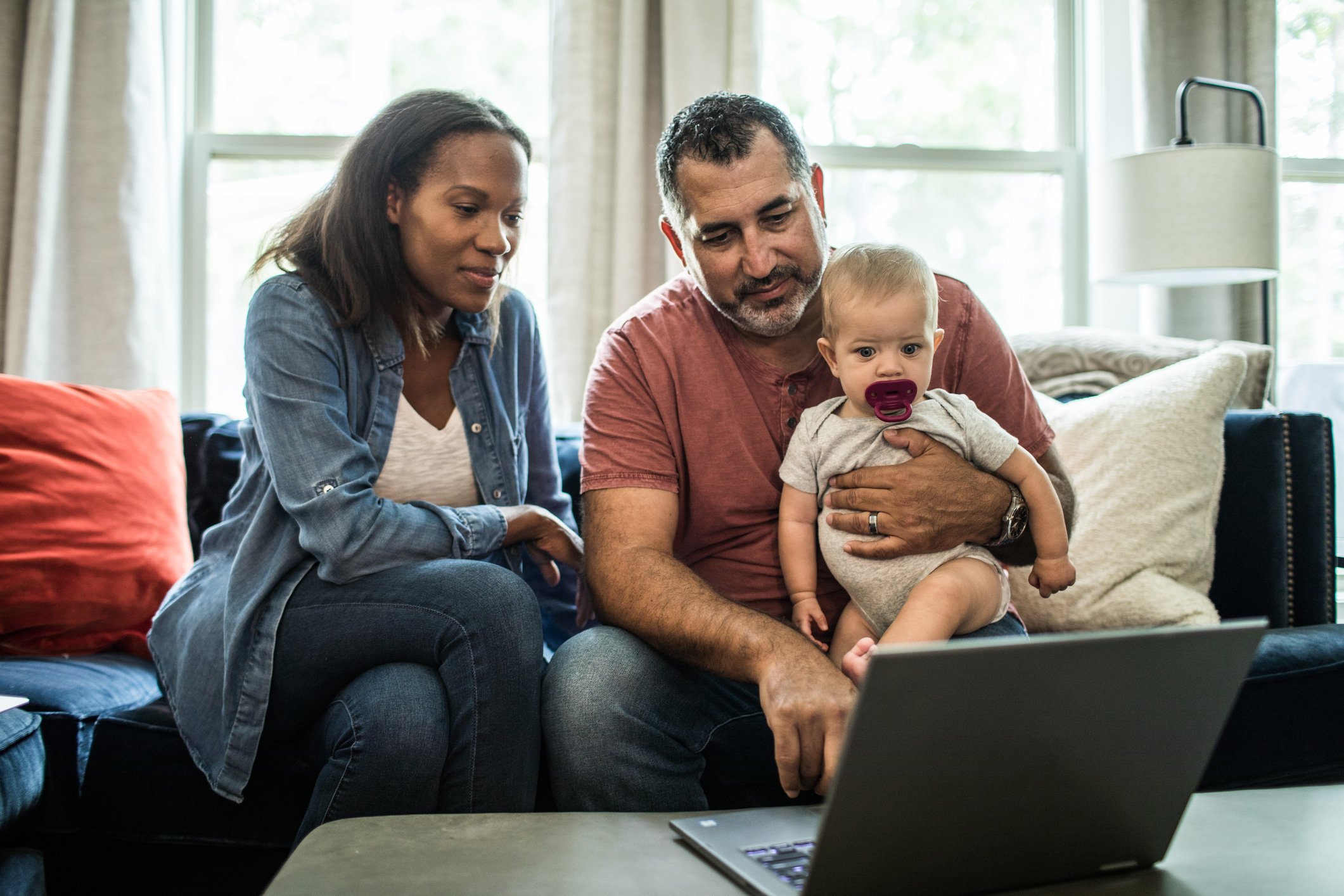You don't have to be rich to be financially independent. You just need to have enough in assets or cash flows from sources other than work to cover your costs. Getting to that point is a journey to be sure, but once you're there, it's totally worth it.
Reaching financial independence doesn't happen on its own. You need a plan to get you from where you are to where you want to be. Once you have that plan, you need to stick with it for years -- potentially even decades -- in order to hit that goal. With that in mind, here are six tips to achieving financial independence that you can consider as potential building blocks in your plan to get here.

Image source: Getty Images.
No. 1: Keep your costs down
The lower your cost of living, the easier it is to achieve financial independence. There are several reasons for this. Here are a few of the key ones:
- The lower your costs, the smaller the nest egg you need to build to cover them.
- The lower your costs, the more you can put toward building that nest egg.
- The lower your everyday costs, the more you have available to cover unexpected costs.
That combination of factors makes keeping your costs down the most important thing you can do in your quest for financial independence.
No. 2: Expect the unexpected

Image source: Getty Images.
Six months ago, nobody really expected the economy to largely shut down for months and millions to be thrown out of work due to a viral pandemic. But even in the absence of that virus, things don't always go according to plan. Financial meltdowns, technology bubbles, wars, and fraud happen. Innovation disrupts entire industries, often leaving people unemployed in its wake. On a more everyday basis, appliances break down, people get sick, and even the weather can drive changes in behaviors.
If your plan for financial independence depends on everything going perfectly for the rest of your life, that plan will fail. You need to build in a buffer to handle the bad stuff that happens to all of us. As a general rule, you'll want three to six months of costs in cash in an emergency fund. You'll also want to plan on the costs you have to cover being at least ten percent higher than you really think they will be, after inflation. With both those in place, you can handle many typical disruptions and still wind up OK.
No. 3: Don't trust stocks for your near-term needs
The stock market can be a wonderful place to build wealth over time. When it comes to generating spending cash, however, stocks can be very dangerous assets to own. A market crash can quickly erode stock prices, and as the COVID-19 pandemic reminds us, an economic slowdown can force dividends to get reduced. That combination can force you to sell more shares than you can really afford in order to cover whatever costs you're facing.
Instead, money you expect you'll have to spend in the next five or so years belongs in cash or duration-matched CDs, Treasuries, or investment-grade bonds. Those types of investments won't earn you huge rates of returns in today's low interest rate environment, but they have much higher likelihood of paying out as and when expected. For money you know you have to spend in the not-too-distant future, it's worth making that sacrifice on returns to have higher confidence it will be there when you need it.
No. 4: Consider stocks for your longer-term goals
While stocks can be a terrible investment in the short run, over time, their returns have done a tremendous job of creating wealth for their owners. There are certainly no guarantees in investing, but long-run historic stock market returns in the neighborhood of 10% annualized have been enough to turn even ordinary people into millionaires.
The easiest and most straightforward path toward stock-type investing is to buy a broad stock market exchange-traded fund. You'll get stock market-type returns, be better protected by diversification than if you had bought just one company's shares, and have a great shot at beating most professional money managers .
No. 5: Make your investing automatic

Image source: Getty Images
As awesome as stocks can be for long-run returns, a one-time investment isn't likely to get you to financial independence all by itself in any reasonable amount of time. To reach that point, you'll need to invest regularly, ideally with every paycheck.
One easy way to do that is to sign up for automatic paycheck deductions into your 401(k) or other employer-sponsored retirement plan at work. Once you sign up, your money will be automatically invested on your behalf every payday, and if your employer offers a matching bonus, you'll get that money invested, too, speeding up your progress.
If you don't have such a plan at work -- or have already maxed it out -- many brokers allow you to set up repeating automatic transfers from your checking account to your investing account. That can get money into your investing account without you having to remember every payday. As a bonus, once you make it automatic, you'll be less tempted to spend the cash that's no longer in your checking account. That can help you keep your costs down -- the number one tip on this list.
No. 6: Reinvest your dividends somewhere
If you expect stocks to return 8% annually, 6% from growth and 2% from dividends, you might be tempted to spend your dividends because they only represent 2% of your invested amount. While that's the case, they represent a decent portion of your potential return, and reinvested dividends are a key part of seeing your money grow faster. Using the rule of 72 as a shorthand guide, at 8% annual returns your money will double about once every 9 years, but it'll take about 12 years for your money to double at 6% annual returns.
As you can see, those extra couple of percentage points can really add up when it comes to the goal of getting yourself to financial independence faster. You don't necessarily have to reinvest your dividends in the same company that paid them, but you should look for opportunities to keep that money invested where you think it can do you the most good. Every little bit adds up, and that simple tip alone can take years off your journey.
It's not rocket science, but it works
If these tips seem remarkably straightforward, it's because they are. It doesn't take complicated plans, expensive advisors, or following the hottest trends to get you to the point of financial independence. It just takes time, discipline, and the willingness to follow a few simple, time-tested techniques that can improve your chances of reaching your goal.
The sooner you get started, the more time you'll have to get there. So get started now, and look forward to the day when you can join the ranks of the financially independent.





